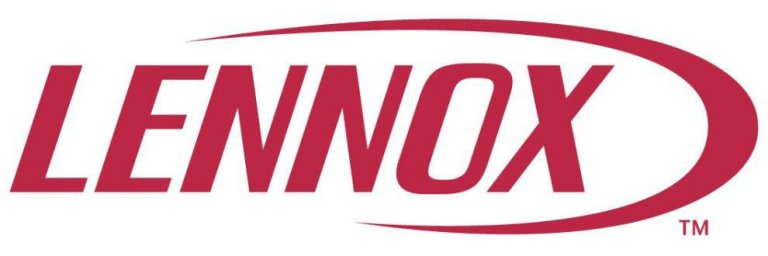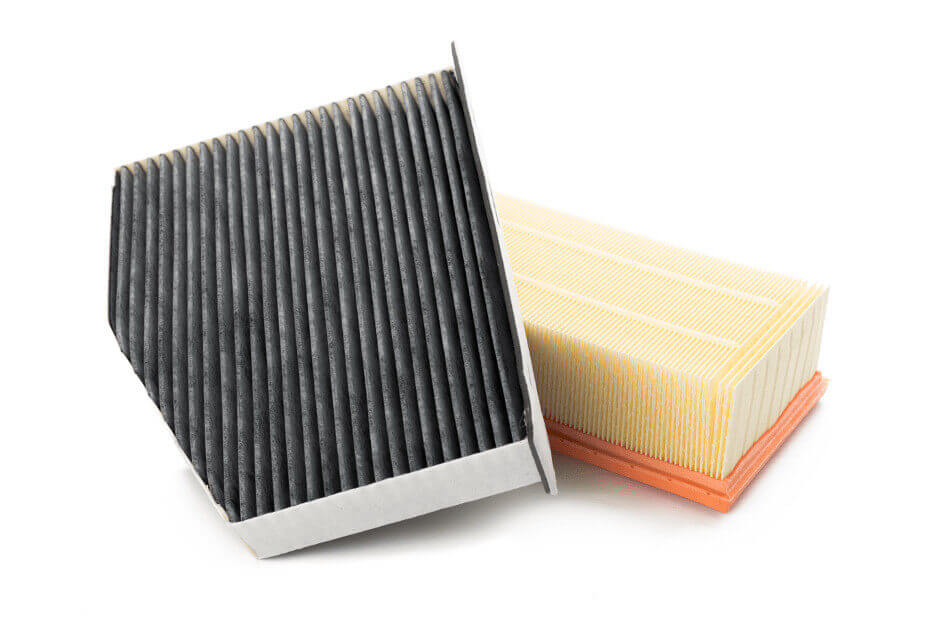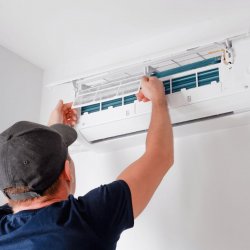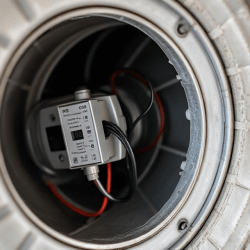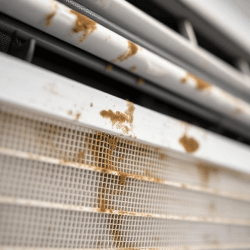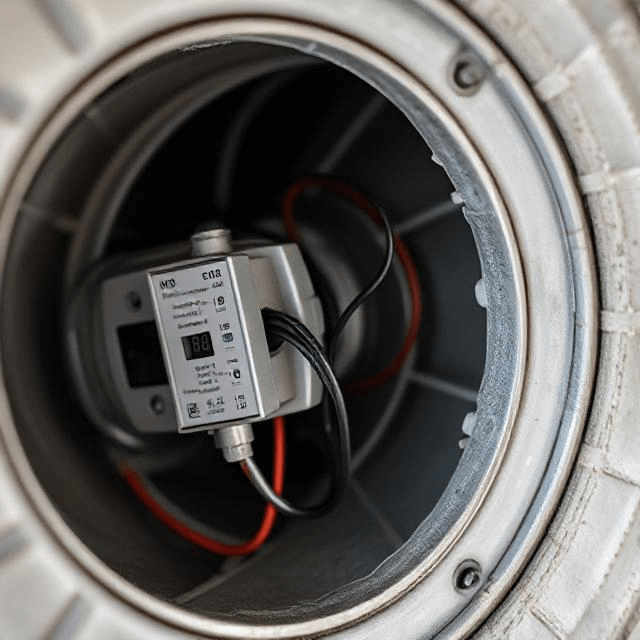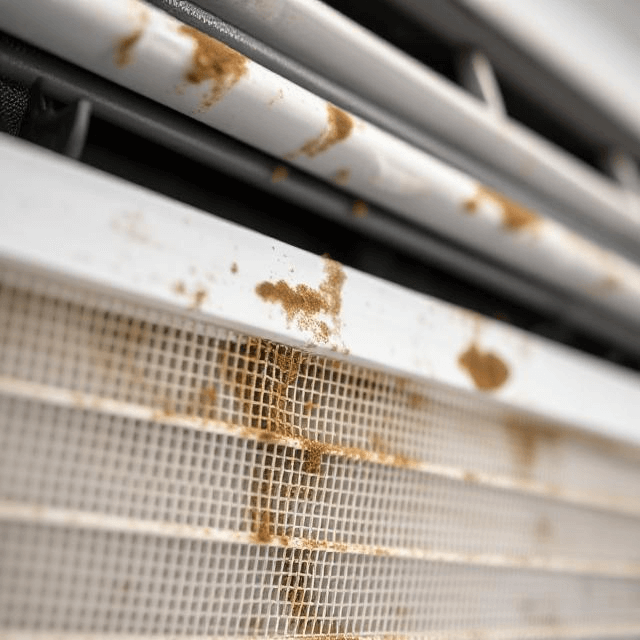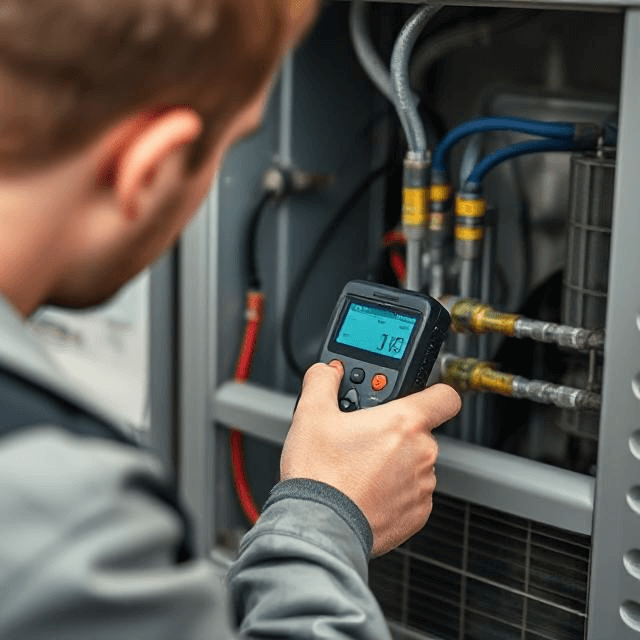A dirty furnace filter can cause no heat. When clogged with debris and dust, the filter restricts airflow, causing the furnace to overheat and potentially shutting it down as a safety measure.
The furnace filter may seem minor in your home’s heating system, but its role is crucial. Its primary function is to clean the air circulating through your HVAC system, trapping pollutants like dust, pollen, and pet dander. But when neglected, this seemingly insignificant component can significantly impact the warmth and comfort of your home.
Read on to learn how a dirty furnace filter can lead to a lack of heat and why you should prioritize filter maintenance.
How a dirt furnace filter affects your heating system
When your furnace filter accumulates dirt and debris, it doesn’t just reduce air quality; it directly impacts the efficiency and longevity of your heating system. Let’s delve deeper into how a clogged filter can affect your furnace’s overall performance and health.
1. It restricts airflow
One of the most immediate consequences of a dirty filter is restricted airflow. A clogged filter is a barrier, making it difficult for the furnace to draw and circulate air. This hampers warm air distribution throughout your home and forces the system to work harder, leading to other potential problems.
2. It can cause overheating
When airflow is obstructed, your furnace can’t dissipate heat as efficiently. This can cause the unit to overheat. Modern furnaces come equipped with safety mechanisms to prevent damage from excessive temperatures. If the system senses it’s getting too hot, it might shut off entirely or disable the heating element. While this is a protective measure, your home won’t receive the warmth it needs.
3. A dirty filter reduces your system’s efficiency
A furnace struggling with a clogged filter consumes more energy. The harder the system works, the more fuel or electricity it uses. This means higher utility bills and a home that never seems to get warm enough, no matter how high you set the thermostat.
4. It increases wear and tear on the system
Consistent operation with a dirty filter can prematurely age your furnace. Components may wear out faster, leading to more frequent repairs or early system replacement. Furthermore, dirt that bypasses a clogged filter can accumulate on other parts, further hindering performance and potentially causing breakdowns.
Here’s how you can avoid heating issues
- Regularly Check and Replace the Filter: The frequency depends on the filter type, household conditions, and HVAC usage, but a good rule of thumb is to check it monthly and replace it at least every three months.
- Invest in Quality Filters: While more expensive, high-efficiency filters can trap more particles and often need less frequent replacements.
- Schedule Regular Maintenance: Annual furnace maintenance by professionals, like Season Control HVAC, ensures all components, including the filter, are in optimal condition.
Final thoughts
The lesson here is clear: don’t underestimate the importance of a clean furnace filter. Regular checks and replacements are small steps that can save you a lot of hassle, discomfort, and money in the long run. Should you experience heating issues or need advice on filter maintenance, always feel free to reach out to our furnace professionals.
FAQs
A dirty furnace filter can manifest several symptoms, including reduced airflow from heating vents, increased energy bills, unusual noises, longer heating cycles, overheating the furnace, and reduced indoor air quality. A noticeable layer of dust accumulating faster than usual around the house can also indicate a clogged filter.
If your furnace is running but not heating, several culprits might be responsible. The most common causes include a dirty or clogged furnace filter restricting airflow, a malfunctioning thermostat, pilot light or ignition issues, or problems with the furnace’s electrical components. Other potential issues include a closed or blocked gas valve, issues with the flame sensor, or a blown fuse in the heating system.
A dirty HVAC filter can adversely affect your system and indoor environment. These include reduced system efficiency, leading to higher energy bills; reduced airflow, causing strain on the system and potential overheating; compromised indoor air quality, leading to increased allergens and pollutants circulating inside your home; a greater risk of system breakdowns due to overworking components; and a shortened lifespan of the HVAC system overall.
Yes, you can vacuum an electrostatic air filter to remove larger debris and dust. However, for a more thorough cleaning, it’s recommended to wash the filter with water, as vacuuming alone might not remove all contaminants. Ensure the filter is completely dry before reinstalling it in your HVAC system.
